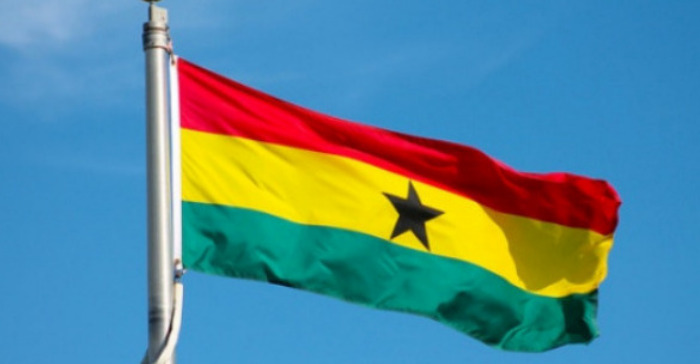Ghana's central bank raised its monetary policy rate for the first times in six years, saying the rise in inflation and significant risks to the outlook required "prompt" action to prevent inflation expectations from becoming detached from the bank's target.
The Bank of Ghana (BoG) raised its policy rate by 100 basis points to 14.50 percent, the bank's first rate hike since November 2015 when the rate was raised to 26.0 percent to curb inflation which hit 19.2 percent in March 2016.
By November 2016, BoG was encouraged by the decline in inflation and embarked on a monetary easing cycle, lowering the rate by a total of 12.50 percentage points, with final rate cut in May 2021.
At that point, BoG was confident the decline in inflation was sustainable and it would return to its target in the second quarter of this year.
But after bottoming at 7.5 percent in May, inflation in Ghana has risen steadily.
At its previous meeting in September, the bank's monetary policy committee was still confident inflation would to ease as food prices would decline due to the harvest season and forecast headline inflation would remain within its target range.
However, inflation hit 11 percent in October, up from 10.6 percent in September, and well above BoG's target range of 8.0 percent, plus/minus 2 percentage points.
Today BoG acknowledged both food and non-food price increases had driven up headline inflation to above the upper limit of its target range and "noted significant risks to the inflation outlook," pointing to rising global inflation, high energy prices, uncertainties around food prices and investor behavior.
It added all measures of inflation have risen, indicating broad-based underlying inflation pressure.
"The Committee further noted that these elevated inflationary risks, require prompt policy action to re-anchor inflation expectations to safeguard the central bank's price stability objective," BoG said.
Ghana's economy has recovered well from the pandemic, supported not only by BoG's rate cuts but also macro prudential measures, such as a lowering of banks' reserve requirements, and the central bank's purchase of government bonds.
The bank said these measures should remain in place for now to "support a more robust recovery of the economy," adding the latest confidence surveys show continued improvement in both business and among consumers.
Credit to the private sector is also recovering, but at a slow pace, but BoG said it expects this recovery to continue due to increased demand and an anticipated net easing in bank's credit stance.
"The outlook remains positive, although sluggish credit growth remains a risk to the real sector recovery," BoG said.
Ghana's economy grew an annual 3.9 percent in the first quarter of this year, up from 3.1 percent in the first quarter.






























